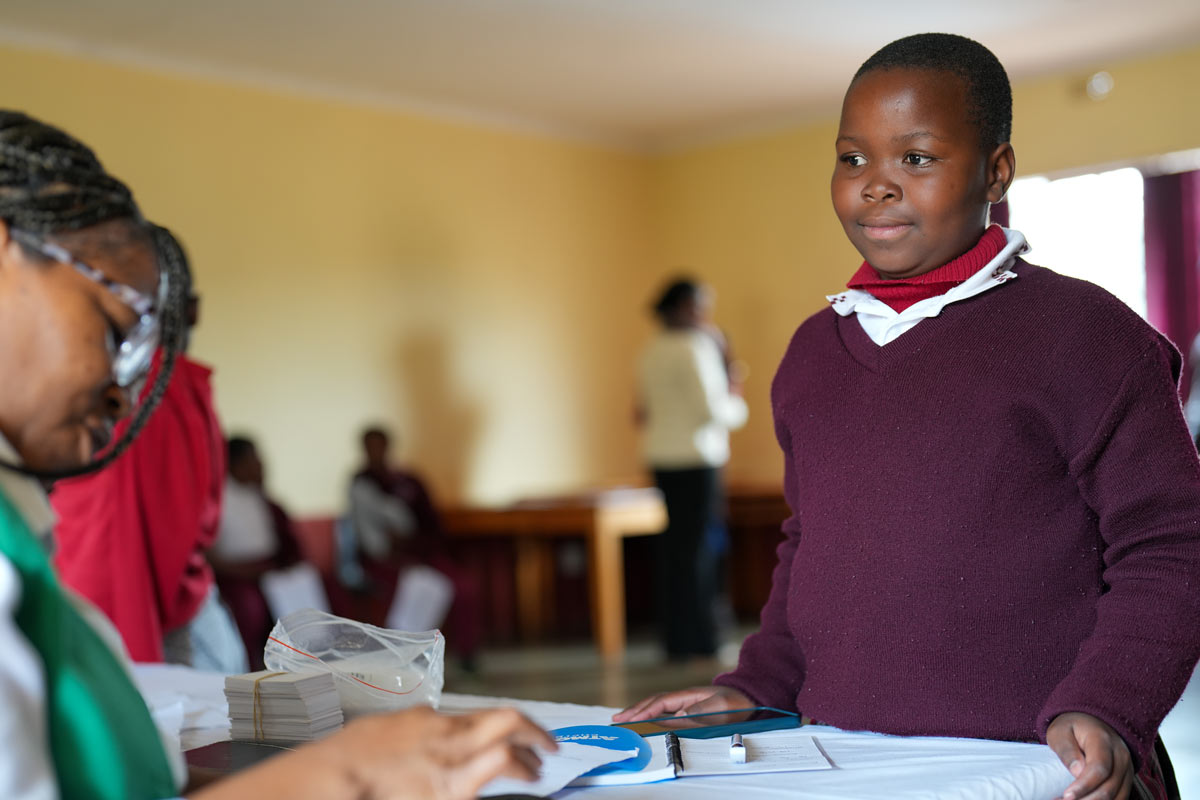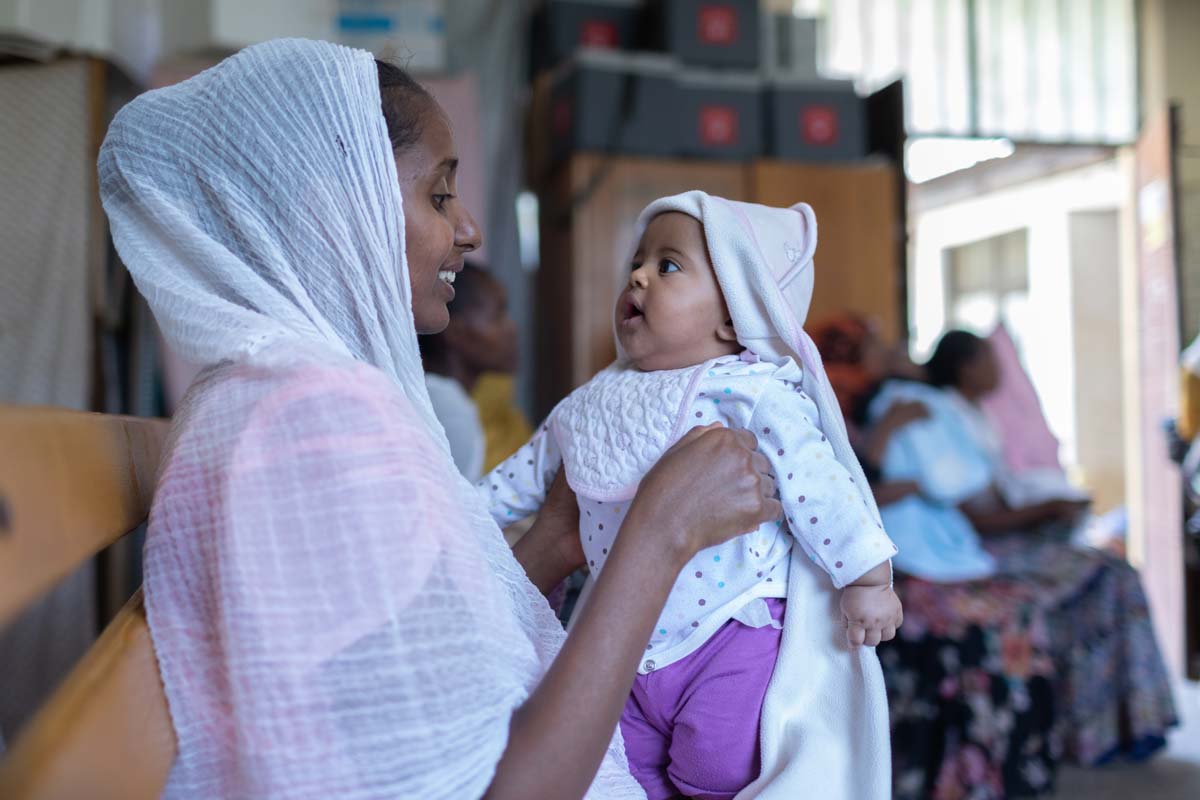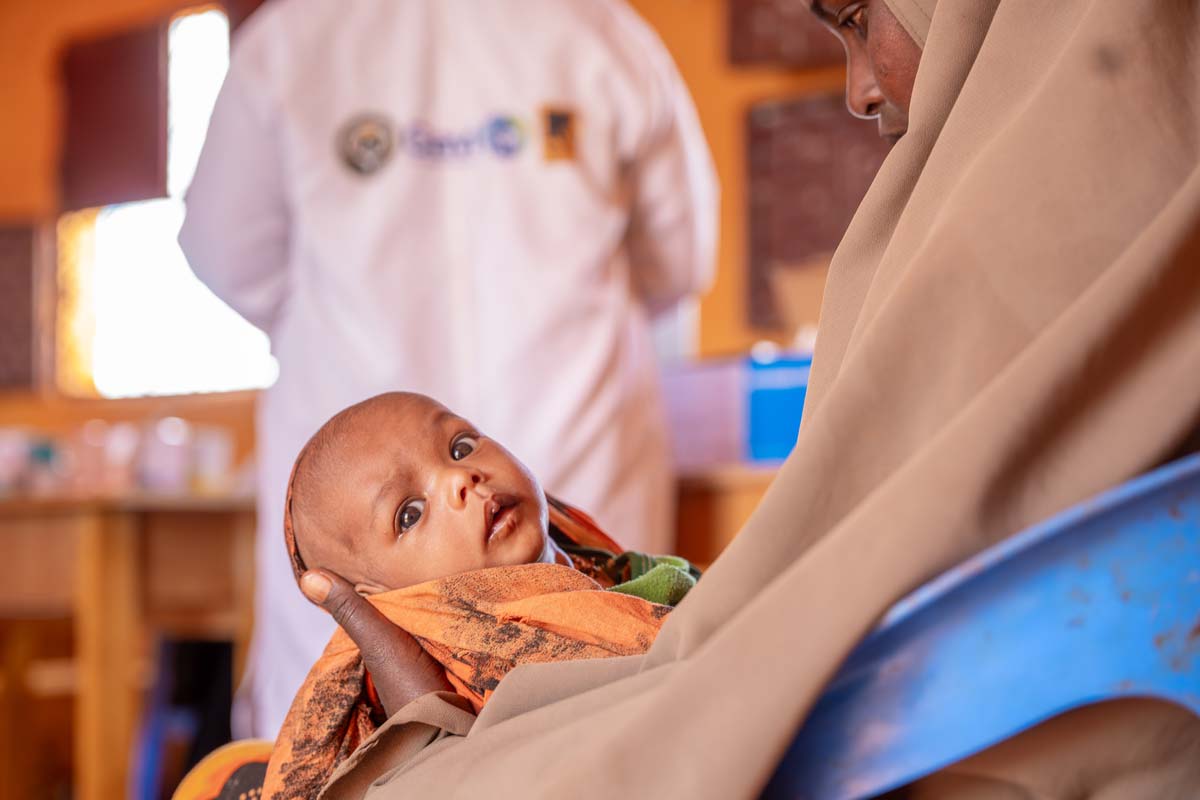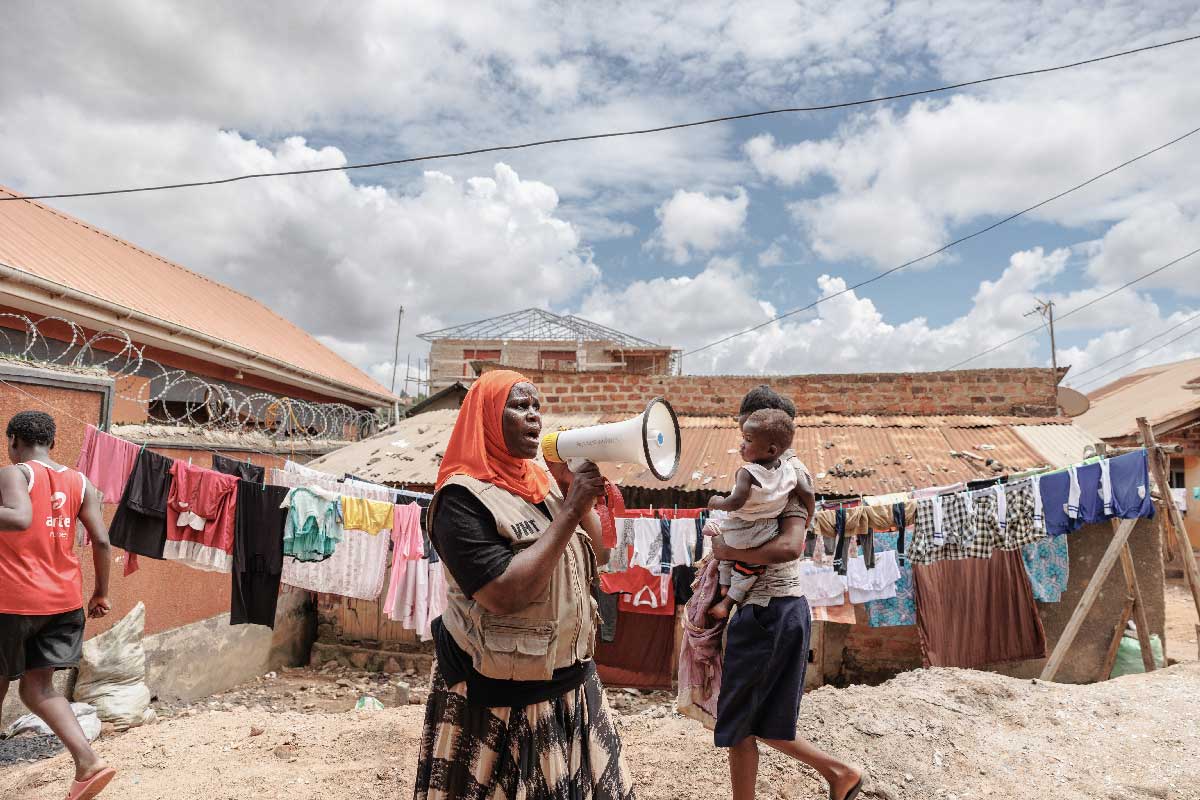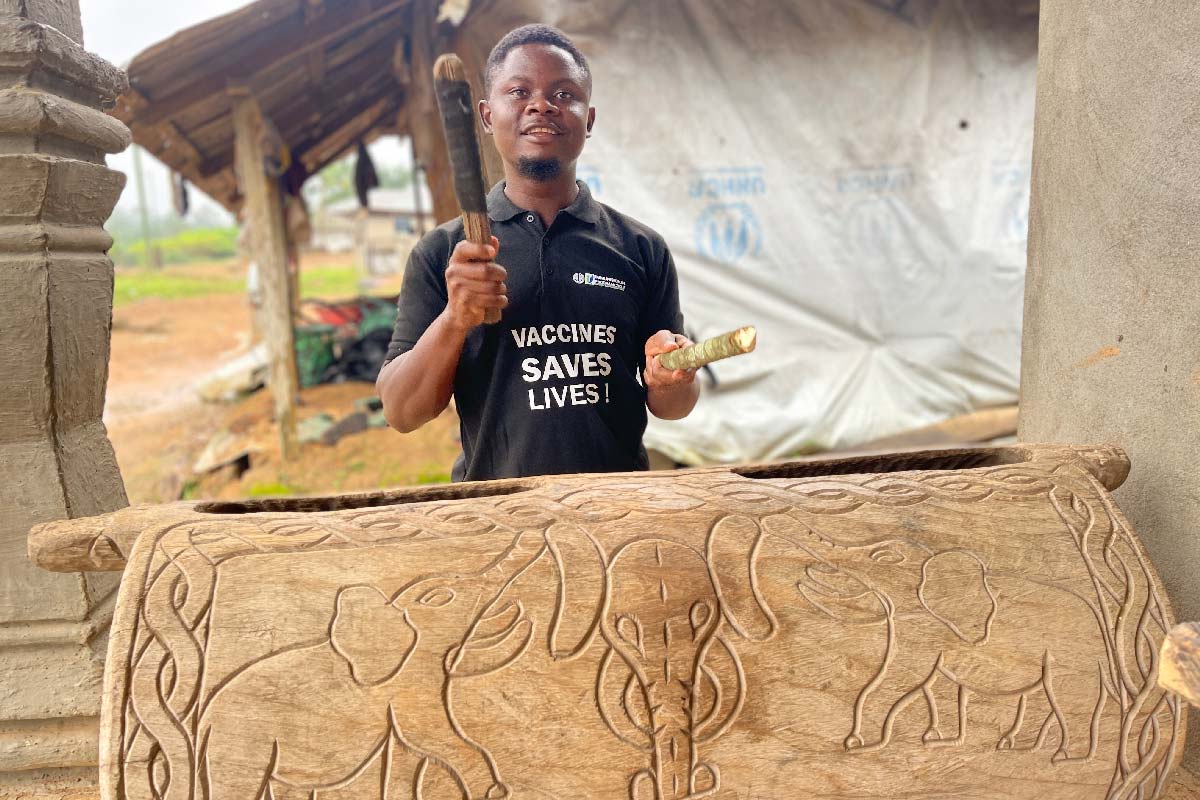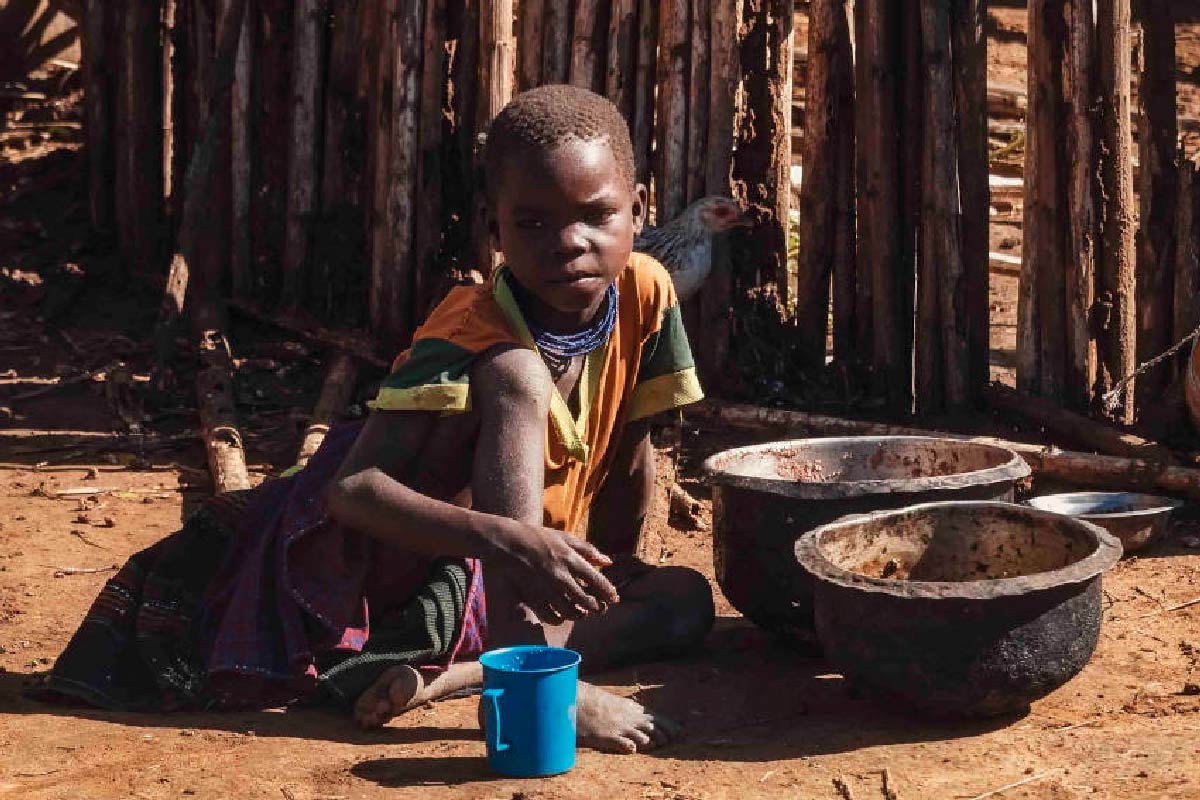Ellie Challis: meet the Paralympian flying the flag for meningitis
Why the gold-medal winning paralympic swimmer, snowboarder and baking-obsessive believes in just "giving things a go".
- 4 October 2024
- 4 min read
- by Priya Joi
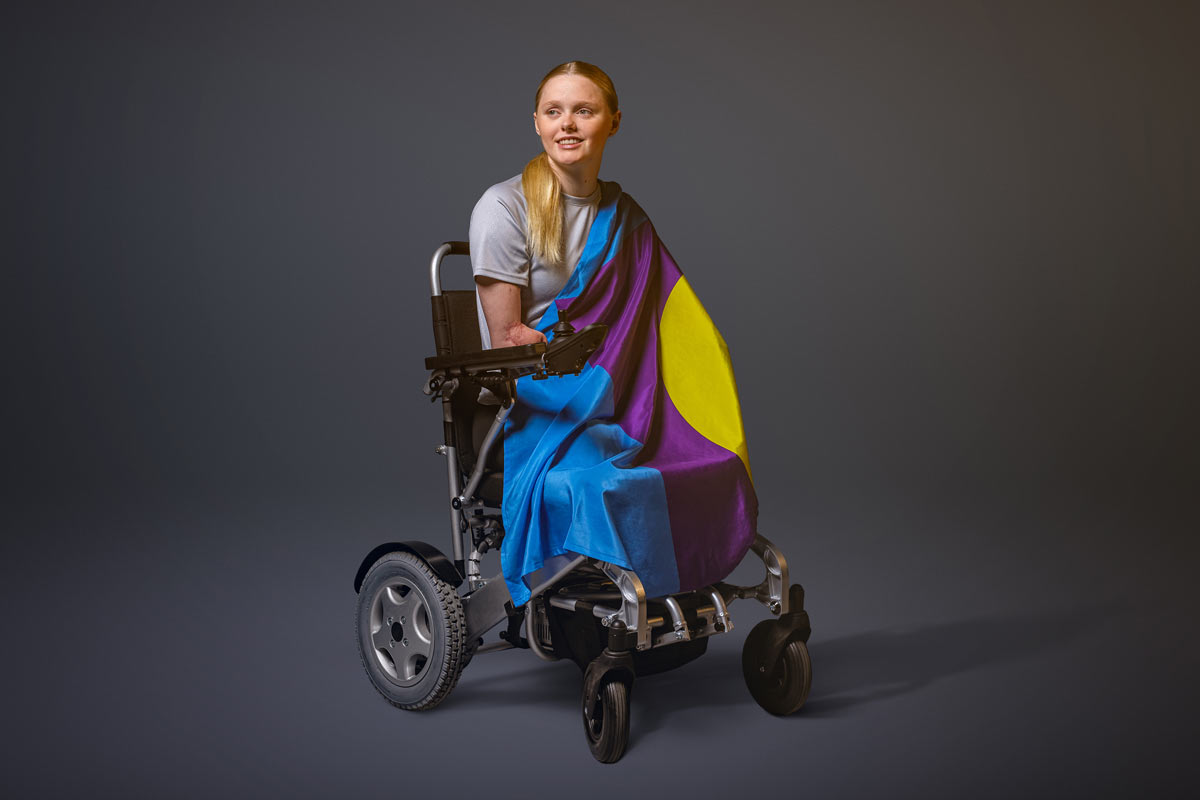
When Ellie Challis got sick with meningitis aged just 16 months, all her family hoped was that she would live. She was in a coma for 21 days, had all her limbs amputated, and her heart stopped for two minutes. Exactly 16 years later, she would win silver for Great Britain at the Tokyo Paralympics in 2021, going on to win gold at the Paris Paralympics in 2024.
It is an extraordinary journey, but Challis always seemed destined for greatness, given her approach to life. “As a family, we’ve always been pretty resilient. My attitude is that I can do what I can do, and figure out what I can or can’t control.” Just before she competed at Paris, she told newspapers “I’m going to go out there and do my best and enjoy every minute of it. I can’t wait to get started.”
The day Challis got sick with meningitis was what her father Paul described as just a regular day: until 16-month-old Ellie became lethargic and developed a burning fever. He rushed to the hospital but was sent away, until he saw the distinctive meningitis rash on her back, and took her back to the emergency room.
This time, doctors acted fast, but the infection had already spread.
Meningitis is an infection of the meninges, the thin lining that surrounds the brain and spinal cord. In some cases, the bacteria responsible for causing this infection can also trigger sepsis (blood poisoning). Although meningitis can also be triggered by viruses, fungi or parasites, bacterial meningitis is a particular problem, because it is common and can be more deadly. It’s also caused by several different types of bacteria and although vaccines exist against some meningitis-causing bacteria, there is no universal vaccine.
One in five people who survive meningitis will experience disability, and an estimated 11 million people live with the after-effects of the disease, including deafness, neurological impairment and limb loss – Challis’s illness led her being a quadruple amputee.
Soon after her operation thoough, she began to learn to walk again with prosthetic limbs. By eight, Challis had learned how to swim as a way of staying safe on family holidays by the sea. A chance meeting aged 11 at a pizza restaurant put her in touch with a disabled swimming club; two years later, she started competing, and by 15 years old she joined the Great Britain regional swimming squad. In April 2019, at an international para-swimming meet in Glasgow, Challis broke the British and European record for butterfly and the world record for breaststroke.
These achievements speak to Challis’s love of sports as much as anything else – even before she swam, she would play football at school with non-disabled kids, learned to ice-skate, and aged 14 years she became the first British quadruple amputee to learn how to snowboard.
Have you read?
Challis has said she always found being in contact with other families affected by meningitis comforting. “It helped a lot to meet people (at Meningitis Research Foundation [MRF] events) who were similar to me – especially when I was young. I had great friends at school, but it was always nice to meet people who were like me.”
Now, Challis hopes that by offering visible representation as a meningitis survivor, she can offer hope to others. “I do a lot more than just swim. I’m very independent, and I can show people there is a lot more you can do.”
The para-swimmer also helped create the Meningitis Flag as a symbol of advocacy and hope with two other para-athletes affected by meningitis, Théo Curin and Davide Morana, MRF and the Confederation of Meningitis Organisations (CoMO). The three design elements represent the three meninges (membrane layers that protect and support the brain and spinal cord), and the idea of protecting people against the disease, supporting those who have it especially those living with disability, and defeating it with vaccines.
Challis’s message for the future is positive: “Meningitis can affect you in every way possible, but your life isn’t over. There is more that can be made of it and a lot more to come.”
